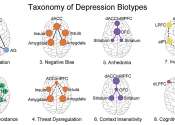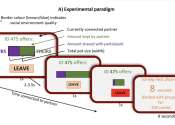Exploring the link between time perspective and life satisfaction in adulthood
Humans can relate to the passage of time differently, experiencing a multitude of thoughts and emotions about their past, present and future. In psychology, these time-related mental representations are collectively referred ...









